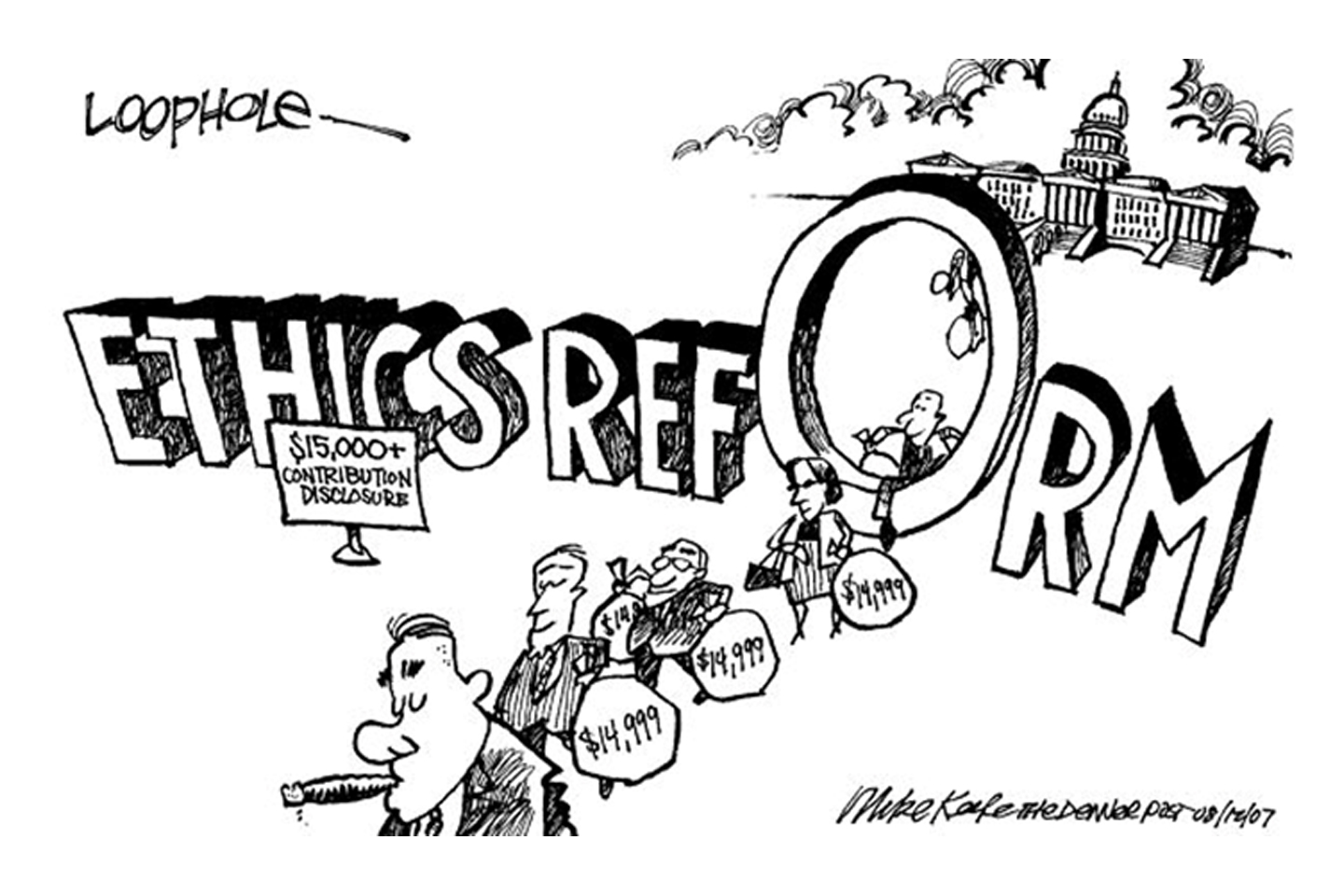Do Good People Make Bad Leaders?
The best human beings are cooperative, compassionate, empathetic, and free of characteristic defects. But the best leaders usually aren’t.
Niccolò Machiavelli was the first political theorist to divorce politics from ethics. “It is necessary for a prince wishing to hold his own, to know how to do wrong”, advice like this made Machiavelli synonymous with evil scheming, manipulative genius, and unscrupulous political dealing. He gave Europe, and the world a new adjective to denote devilish cunning, Machiavellian.
His philosophy directly opposes the ethical theory of politics. His lasting notoriety comes from a brief political essay ‘The Prince’, written as advice for Lorenzo De Medici, the ruler of Florence. His work earned him a diabolical reputation as a teacher of tyrants, and ‘The Prince’ remains to this day a hated and maligned book. The influence and lasting impact of the book can be gauged from Napoleon Bonaparte carrying his copy into battle with him, and Adolf Hitler claiming to read it in bed.
The amoral pragmatism that is the hallmark of Machiavelli’s approach, led the Pope to ban ‘The Prince’. However, no matter how distasteful, there is sense in his theories. He addressed a central problem of politics – it is almost impossible for a person to be a good ruler and a good human. He regards idealistic politicians as ineffective politicians – moral standing has no interest to him, only sustaining power does. His incisive intellect ruthlessly cuts through the humanism and morality that he feels dilute and impoverish political reasoning.
A Machiavellian prince has been the model of literary despots, Shakespeare’s Macbeth serving as a classic example. Unlike the noble princes portrayed in fairy tales, a successful leader, in his writings, is brutal, calculating and when necessary, utterly immoral. When asked whether being feared or loved was better, Machiavelli said, “Since love and fear can hardly exist together, if we must choose between them, it is far safer to be feared than loved.”

